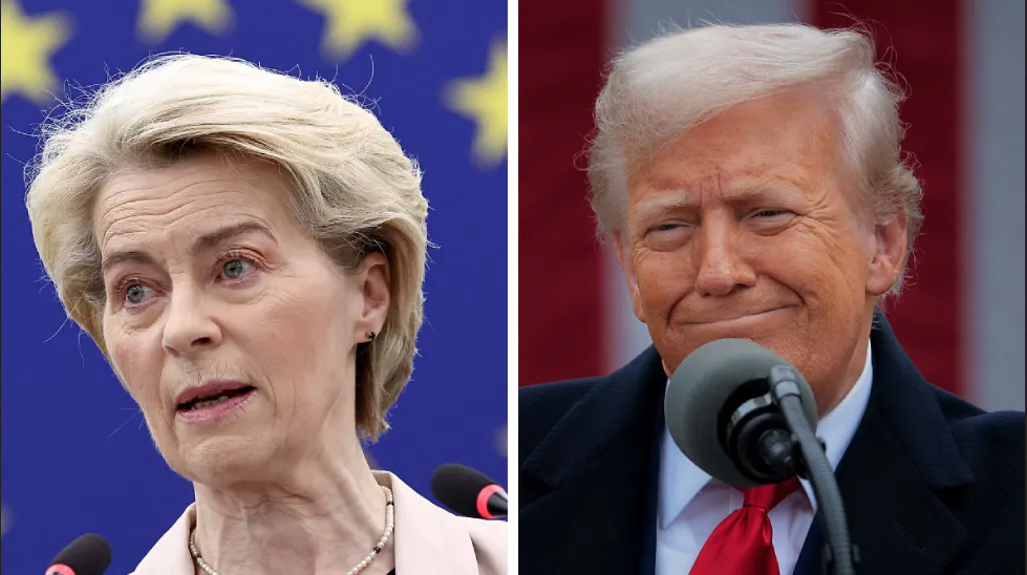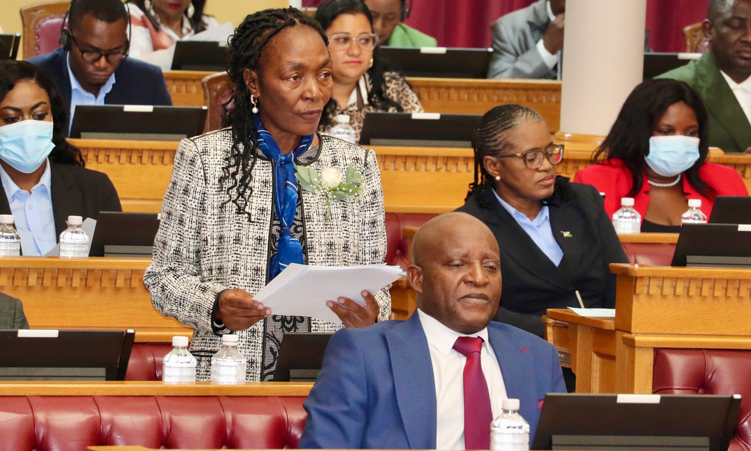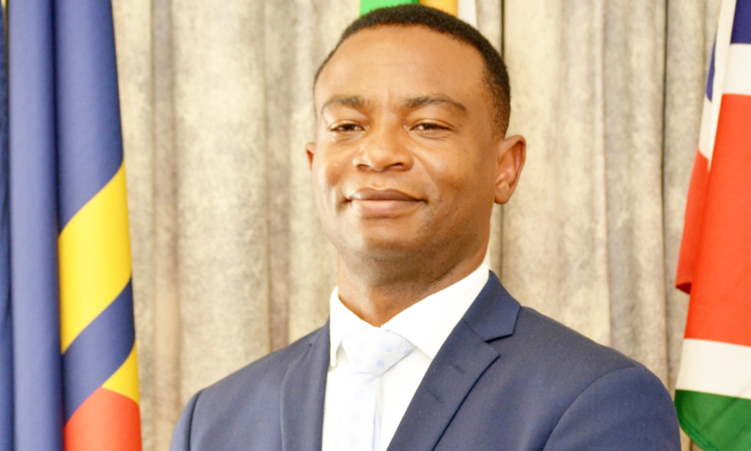For decades, Namibia’s deep economic and political ties with South Africa have been a source of stability and growth.
Our neighbour has been our largest trading partner, a key investor and a historical ally.
However, the balance is shifting. South Africa’s worsening governance and erratic foreign policy are turning it into more of a liability than an asset for Namibia.
We need to reassess our dependence on Pretoria.
RISING RISKS
Namibia’s economy is heavily linked to South Africa’s, with the rand-pegged Namibia dollar tying us to its economic fate.
This made sense when South Africa was a strong economic power but the risks are rising.
Persistent load-shedding, increasing debt and declining investor confidence are symptoms of a country in economic decline.
The South African Reserve Bank itself has warned of potential financial collapse if state-owned enterprises continue to deteriorate.
If South Africa’s economy crashes, Namibia will feel the shock waves immediately.
Moreover, South Africa’s increasing hostility towards Western investors, coupled with its push for radical economic policies such as land expropriation without compensation, creates uncertainty.
Namibia, by contrast, has an opportunity to present itself as a stable, investor-friendly alternative.
However, as long as we remain financially tied to South Africa, we will be judged by the same risks.
POLITICAL LIABILITIES
South Africa’s foreign policy is an increasing concern.
While Namibia has historically followed a policy of non-alignment, Pretoria has taken a more aggressive stance in global affairs, particularly in aligning itself with Russia and China at the expense of Western relations.
The African National Congress (ANC) government’s public support for Moscow, its hostility towards Israel and its deteriorating relationship with the United States (US). and Europe create diplomatic tensions Namibia does not need to inherit.
South Africa’s position as a Brics member means it is entangled in power politics in ways that Namibia is not.
If Pretoria’s foreign policy leads to Western sanctions or economic retaliation, Namibia must ensure it is insulated from any fallout.
Our country should be building stronger direct ties with the West and emerging economies outside of South Africa’s shadow.
REGIONAL CONCERNS
A high crime rate, recent taxi strikes, riots and political factionalism within the ANC point to a country on the edge of instability.
If South Africa experiences large-scale unrest or state failure, Namibia could face an influx of refugees, cross-border crime and economic disruptions.
Namibia has already had to deal with illegal crossings and smuggling from South Africa.
If governance in South Africa continues to decline, these issues will only escalate.
Namibia’s security apparatus must begin preparing for worst-case scenarios, including border fortification and enhanced regional security cooperation outside South Africa’s influence.
THE WAY FORWARD
Namibia has an opportunity to diversify its economic and diplomatic partnerships. This does not mean severing ties with South Africa but rather reducing dependency through:
– Economic diversification: Strengthening trade ties with the European Union (EU), US and Asia to reduce reliance on South African markets.
– Currency reform: Exploring options beyond the rand peg to ensure monetary independence in the event of South African economic decline.
– Diplomatic repositioning: Maintaining a foreign policy that allows for cooperation with both Western and Eastern powers, without inheriting Pretoria’s diplomatic baggage.
– Security preparedness: Strengthening border control and regional security partnerships to prevent potential spillover from South Africa’s instability.
For years, Namibia has benefited from its ties with South Africa. But the risks now outweigh the rewards.
If we do not act soon, we may find ourselves dragged down by a neighbour that is no longer the regional leader it once was.
It is time for Namibia to start charting its own course.
- – Jonathan Kariseb is a currency and indices trader from Okahandja with a strong focus on US30 and forex markets. He analyses global trends to inform both broader economic perspectives and trading strategies.
Stay informed with The Namibian – your source for credible journalism. Get in-depth reporting and opinions for
only N$85 a month. Invest in journalism, invest in democracy –
Subscribe Now!










